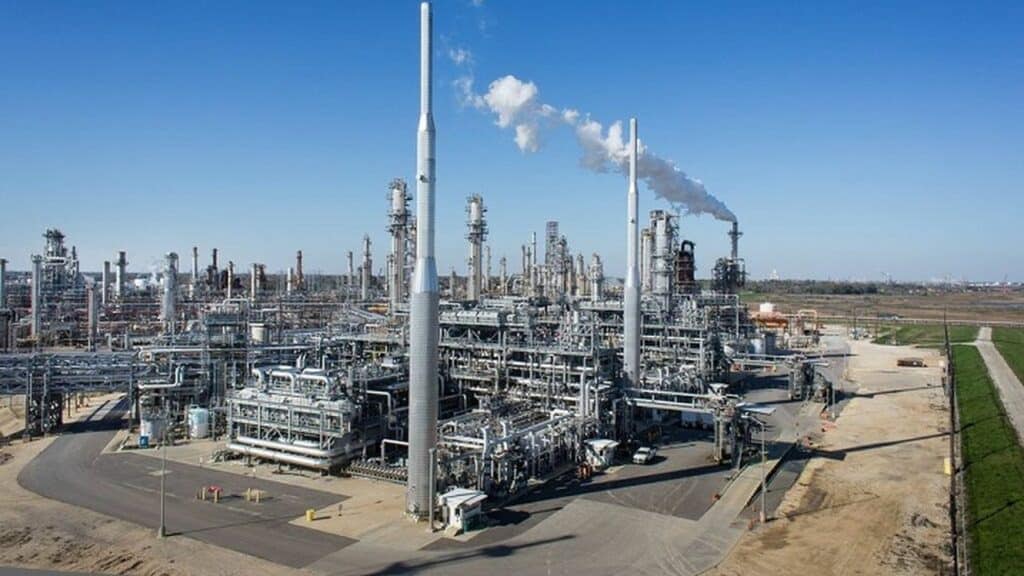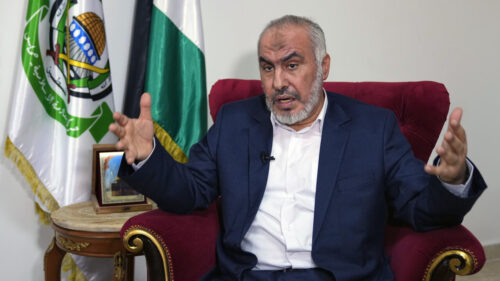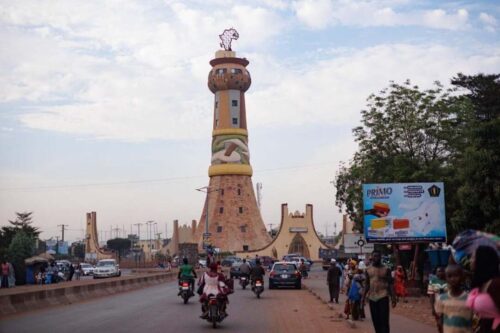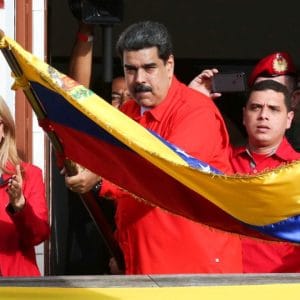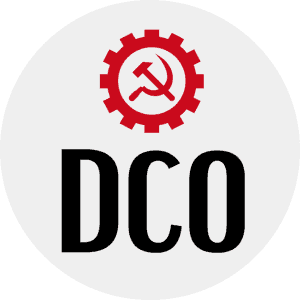– Pedro Lourenço
Gabon, a country that experienced a nationalist-style military coup on August 30th, despite its small territorial size and a population smaller than that of some Brazilian cities, plays a significant economic role for France.
Let’s begin by informing the official population of the country: 2,388,992. Corresponding to this is a GDP of $21.07 billion. The per capita Gross Domestic Product (GDP) is estimated at $8,820.30.
High for an African country? Yes. However, we should not be deceived by this abstract figure. It mainly results from revenues generated from the export of oil, which are distributed with enormous inequality. The wealthiest 20% of the population earns over 90% of these revenues, while about one-third of the population lives in poverty, with less than $5.50 per day.
So, despite this high per capita GDP, the majority of the Gabonese population struggles to make ends meet. In this regard, the latest estimates indicate that around 21.5% of the population is unemployed, and the country has an inflation rate of 4.2%.
Similar to what generally happens with countries oppressed by imperialism, Gabon has an economy primarily sustained by the export of raw materials. For many years, the country was known by the acronym PUM, representing the initials of its main commodities destined for export: petroleum, uranium, manganese. These riches were already plundered while Gabon was legally a French colony, a robbery that continued even after its formal independence. When it comes to imperialism, France has always been the main perpetrator of this plunder.
The uranium looting took place for nearly four decades, from 1960 to 1999. The first mines were discovered even before independence, in 1958, in the city of Mounana, discovered by geologists from the French Atomic Energy Commission (CEA). To exploit this discovery, the French created the Uranium Mines Company of Franceville (COMUF) in the same year.
As a side note, Franceville was founded in 1880 by the French-Italian explorer Pierre Savorgnan de Brazza, who eventually became a colonial governor. This marked the beginning of French colonization. Currently, the city is the third-largest in Gabon.
In 1968, new uranium deposits were discovered, this time in the Oklo region, which turned out to be the largest source of the ore. At the peak of France’s plundering, about 28,000 tons of uranium were mined in Gabon, with half of that coming solely from the Oklo mines.
Regarding imperialist capital, the exploration and mining of this precious metal were primarily carried out through COMUF, a subsidiary of both public and private imperialist capital. The French state held 25.8% of the company, while the rest belonged to the French company Cogema (General Nuclear Materials Company). Cogema eventually became TotalEnergies, then Orano Cycle, all companies controlled by French imperialist capital, whether private or state-owned.
For those who followed the articles published in this Daily Newspaper about the coup in Niger, Orano is also the main exploiter of uranium in that country.
Eventually, the unrestrained plundering of uranium by France led to the depletion of Gabon’s natural reserves in 1999. However, it should be emphasized that Gabon’s primary source of raw material has always been and continues to be oil.
Of the country’s total exports, around 80% is petroleum and its derivatives, accounting for approximately 22% of the national GDP. Gabon is the fourth-largest producer in Sub-Saharan Africa and is a member of OPEC. For many years, the primary entity responsible for the exploration and extraction of this energy wealth was the French company TotalEnergies (formerly Elf Aquitaine).
Established in Gabon for over 90 years since 1928, the company employs 350 local workers, producing between 15,000 and 20,000 barrels of oil per day out of a total of 200,000.
However, TotalEnergies is not only responsible for oil production but also the leading fuel retailer in the country, with 45 service stations. Its subsidiary, TotalEnergies EP Gabon, had a turnover of $521 million in 2022.
Although it was the primary company to exploit this energy resource for decades, the main French monopoly operating in the country today is Perenco, responsible for producing approximately 100,000 barrels per day, roughly 40% of national production.
Demonstrating that imperialism controls the entire production chain, Perenco also controls the Gabonese oil terminal near Port-Gentil, the country’s economic center.
Another French oil company operating there is Maurel and Prom, responsible for exploring less profitable fields than those exploited by Total and Perenco, showing that imperialism, especially the French variety, seeks to extract all of Gabon’s oil, down to the last drop, much like it did with uranium.
Obviously, this blatant theft can only happen with the complicity and corruption of local politicians. In this regard, Ali Bongo, the deposed president, used to pocket about 18% of the oil revenues, while the French took 57%. What about the rest of the country? They were left with only 25%. A classic case of corruption followed by imperialist exploitation.
Following oil, manganese is the second-largest commodity in Gabon’s exports, accounting for about 11% of the total. Again, the majority of extraction and the production chain are controlled by French imperialism, with Eramet being the main monopoly in operation in the country. Demonstrating the economic importance of Gabon to France, it is estimated that about 50% of France’s manganese imports come from the African country.
Being a country with extensive forests, another of its main exported raw materials is timber, constituting approximately 9% of exports.
Thus, it is clear that Gabon is a country with many natural resources, enough for it to be more developed so that one-third of its population isn’t bound to live on less than $5.50 per day. However, as with all oppressed countries, natural resources are systematically stolen by imperialism, while the people serve as cheap labor for imperialist monopolies and for the personal enrichment of local politicians who serve the “metropolis.”


